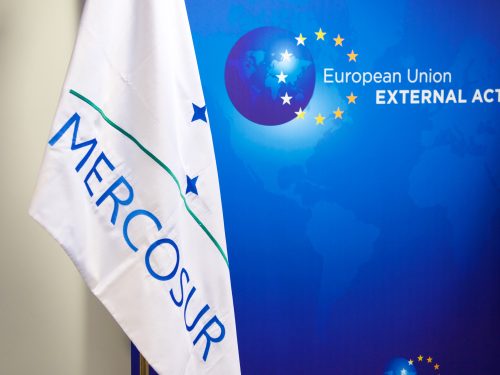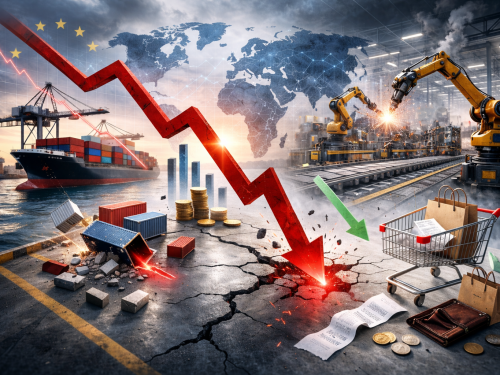News
Share on
From an economic point of view Italy is 'holding its own'. However "we must not be satisfied with one zero point more than others, but change the perspective with which we look at issues". so the vice-president for the Study Centre, Lucia Aleotti, in an interview with Avvenire. "In the aftermath of the pandemic, our system has shown great resilience. But the world continues to accelerate and needs rapid responses: it is no coincidence that as Confindustria we support the Its third-level training system as much as possible, and this is also the source of the need for skilled workers from abroad who, I would stress, have nothing to do with illegal immigration. And I would also add how the ability to work with women and to accept leadership that is also female is importantOtherwise, in the pursuit of integration we end up losing another one'.
Aleotti on the issue of training foreign workers cited some exemplary initiatives: 'such as the one conducted by Confindustria Alto Adriatico with the Salesians in Ghana. The added value is in the organisation of the entire process, which can be best governed where it aims to train people in specific skills that, only once acquired, would move'.
In any case "that of labour is only one side of the problem: if we do not grow as a country and as Europe, not only will we not need the resource of immigrants but we will also have to manage gigantic crises, in our industries and on the welfare system. What is missing is a European vision that does not live to regulate the challenge between Italy, Germany or France. This is a reductive and anachronistic vision, because the real competition for European companies is towards Chinese or American ones. Italy, starting with its companies, is now only marginally responsible for its successes or delays'.
"As Italians," reiterated the vice president, "we have to be able to we must learn to think, and possibly make an impact, from a European perspectivebecause this is where decisions are taken. My impression is that we only remember Europe at the wrong times, or when we want to use it as a shield to take unpopular decisions. And meanwhile we suffer the introduction of certain regulations that are killing us'. As in the car: "while we are here wondering how Italy is doing, whether it will close at +0.6 or +0.8% in 2024 GDP, there is an entire sector on the continent that is plummeting: while here in June production plummeted by 30%, in Germany there is Volkswagen that intends to close three plants. And the responsibility lies with those rules mentioned earlier, which are destroying not only companies and jobs but also consumer confidence that they do not want electricand waiting to see if something will change, they keep their old cars'.
Speaking of the Green Deal, he explained: "no one denies the environmental emergencyon the contrary. And I want to be clear about that: Confindustria totally agrees with the objectives, what we do not agree with are the ways and timescales to achieve the ecological transition. European environmental policy is making life economically unaffordable for everyonenot only to companies, but also to households, local administrations and the states themselves. It is no coincidence that we are the only ones to have introduced such a stringent regulatory framework and this is even more incomprehensible when we consider that Europe emits only 7% of CO2 globally'.
"It is crucial," emphasised Aleotti. have a vision that considers the impact on people's lives, instead of closing in on itself. Because today competition is played between geographical areas and not between individual states. Those who think they can play this game alone will not succeed. This is the premise of Mario Draghi's report: if Europe does not change itself, it is destined to disappear. We must understand that when we talk about competitiveness we are not just talking about the economy or industry, but about the welfare, in every sense, that a society is able to offer and the resources it can count on'.
E on the Pnrr the vice president concluded: "we start by looking not only at Italy's positioning, which is very good, in the implementation of the plan compared to other European partners. Otherwise, we lose sight of the fact that deadlines appropriate to objectives apply to everyone. The important thing is that all countries invest as much as they canEurope must be lucid and objective in assessing what is good and what is bad by overcoming old logics and prejudices. We can no longer afford them'.




